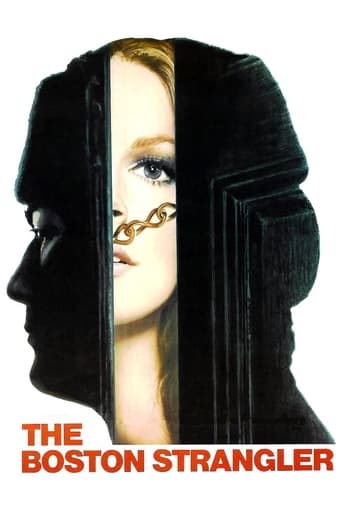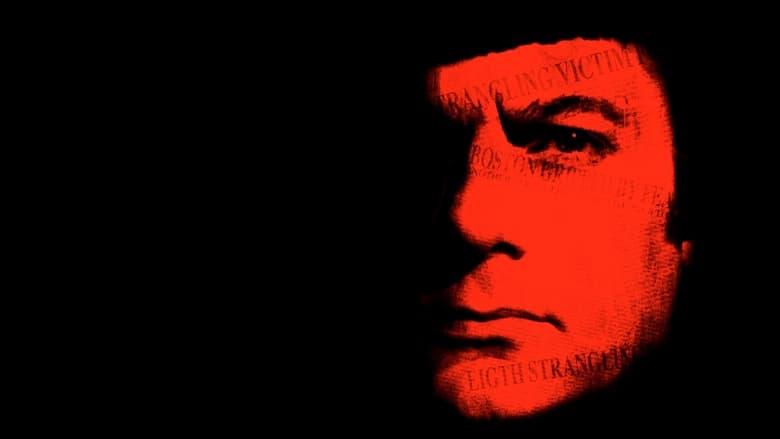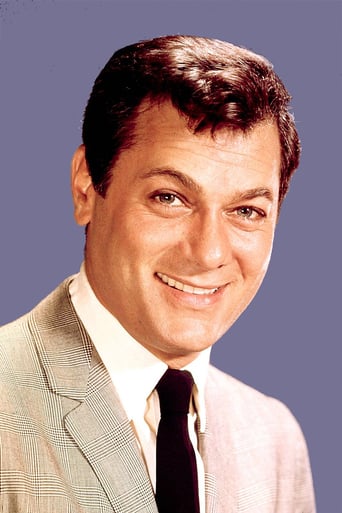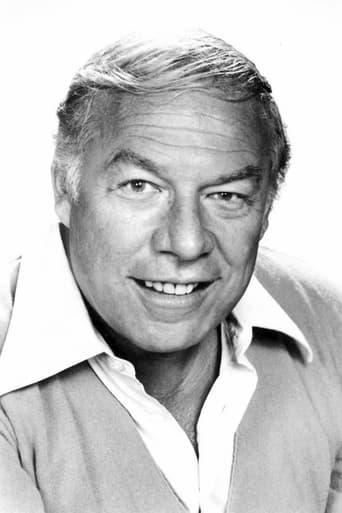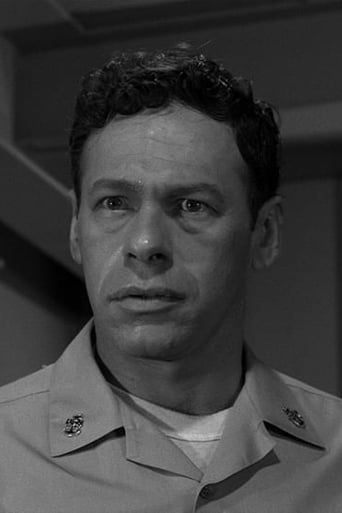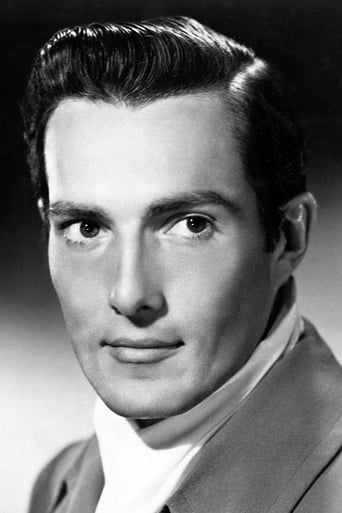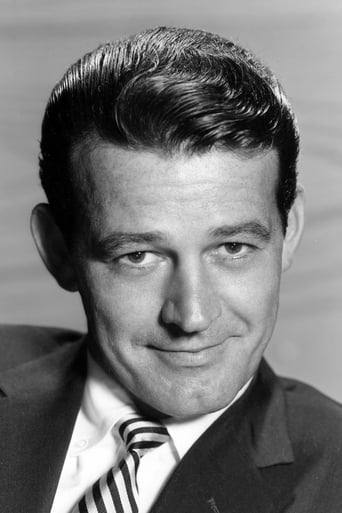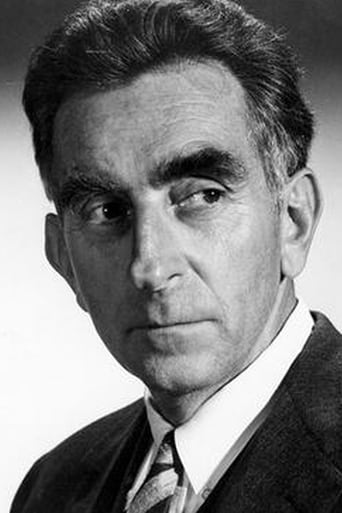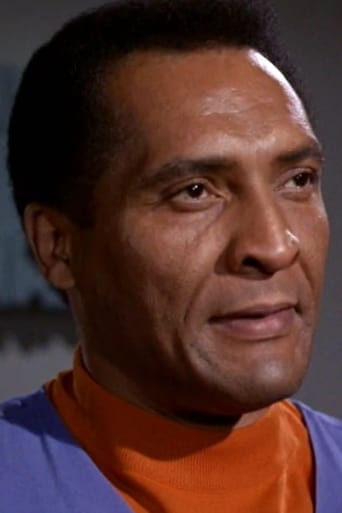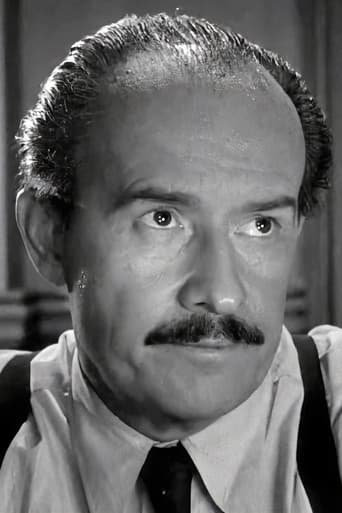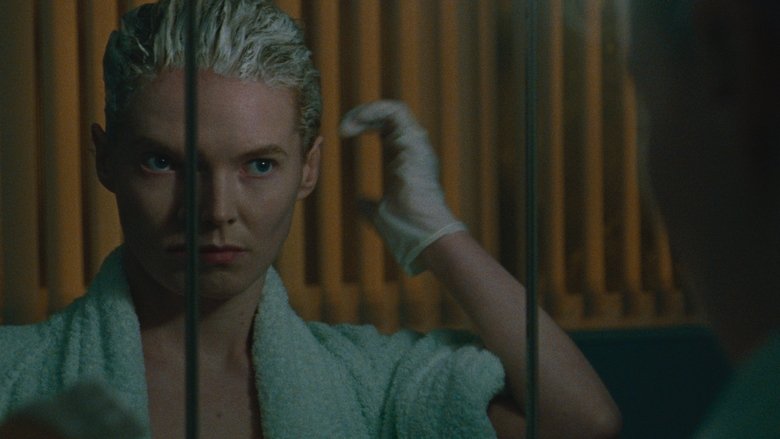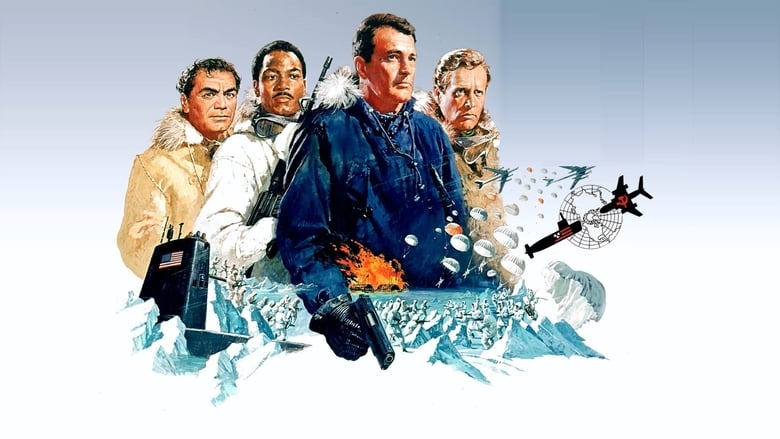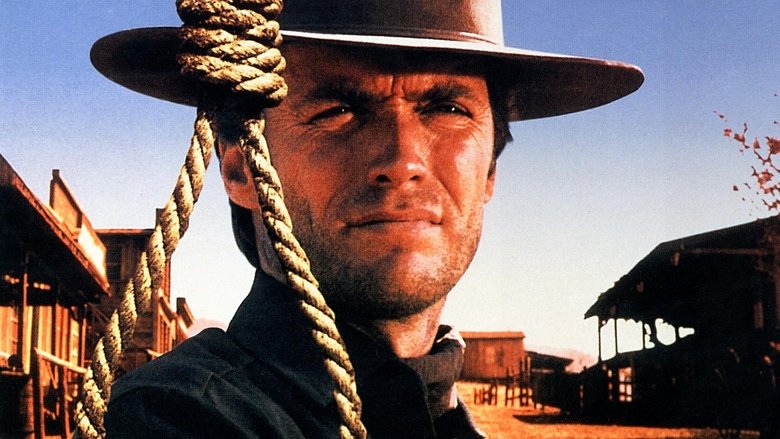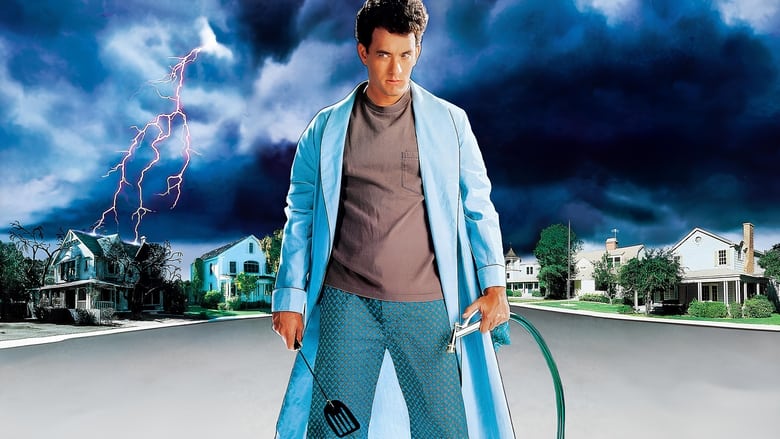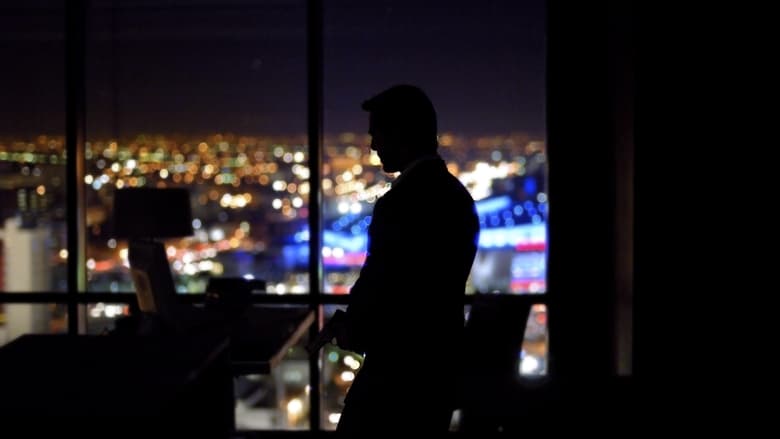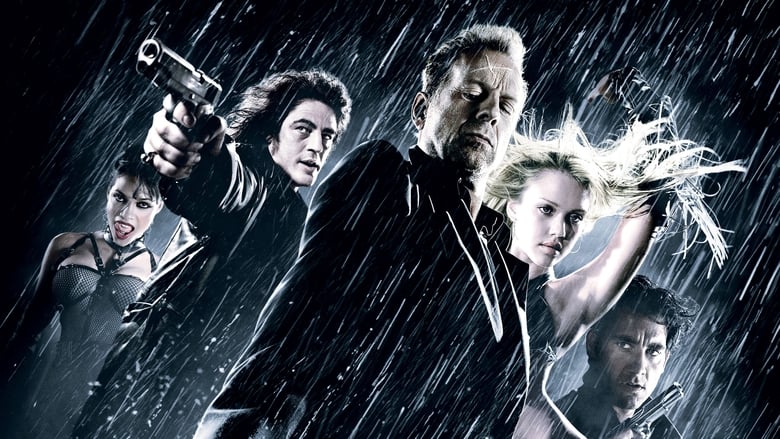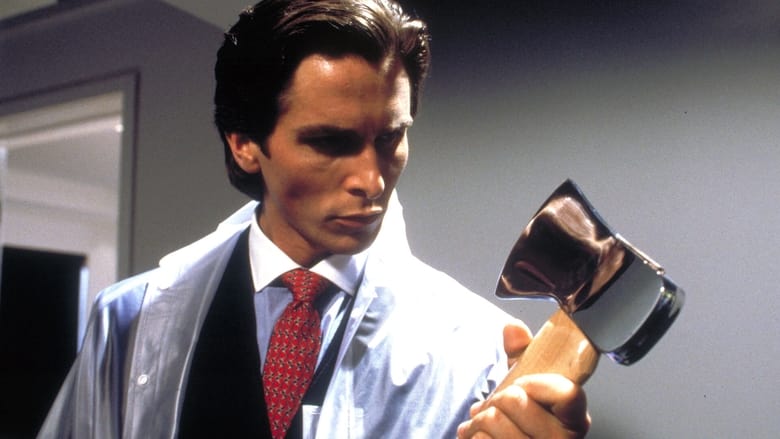Boston is being terrorized by a series of seemingly random murders of women. Based on the true story, the film follows the investigators path through several leads before introducing the Strangler as a character. It is seen almost exclusively from the point of view of the investigators who have very few clues to build a case upon.


Similar titles

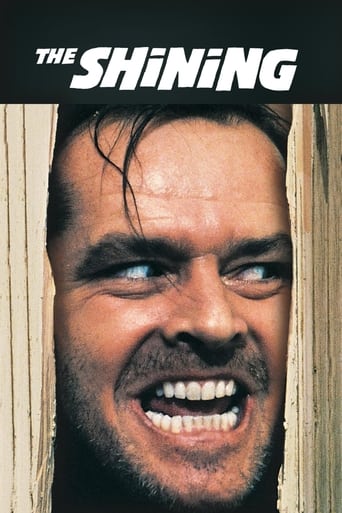

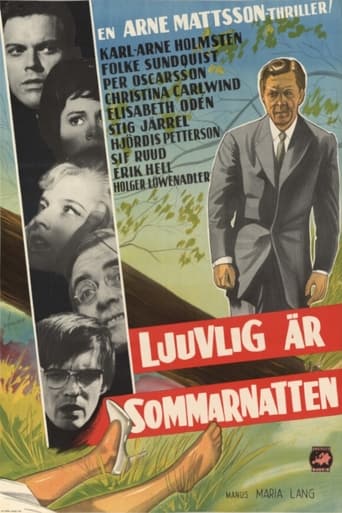
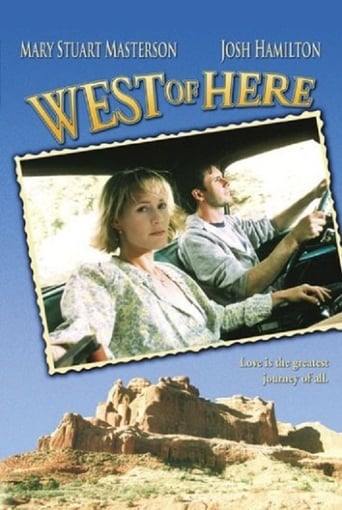

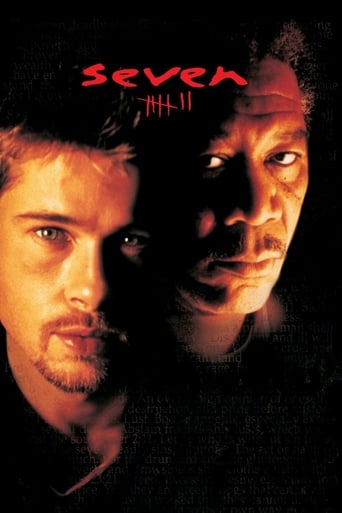

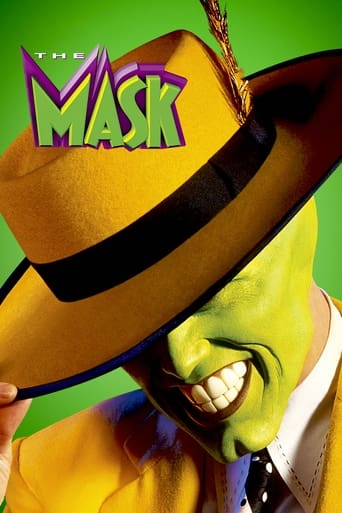
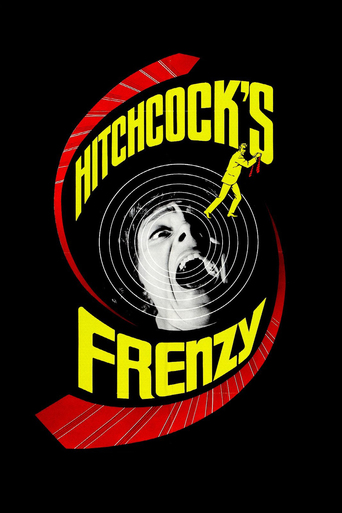
Reviews
I've seen some films in which I've had to patiently wait for the main star to show up; The Boston Stranger may be the record holder in this category. It takes 57 minutes of a 116 minute film for Tony Curtis to appear.The extensive use of split screen present in The Boston Strangler intrigues me, appreciating the planning and the huge sets of extra reels which must have gone into creating the effect. It's not an afterthought and helps derive suspense with sequences in which each individual frame features a minimal number of cuts such as sequences which highlight the successful techniques that Albert DeSalvo (Tony Curtis) uses in order to get into victims homes and escape without detection (watching Curtis get into an apartment with ease by claiming to be a plumber sent by a super really gets under your skin). This voyeuristic style of filmmaking allows the viewer to see different perspectives on the same space, such as in a more creative instance in which we see the perspective of a TV camera which appears in the frame right next to it. On the other hand many of the transitions and framing do come off as something a film student would do, although the attempt is early and more than admirable so I'll give it a pass (for a flawless attempt use of split screen watch Twilight's Last Gleaming).The Boston Strangler is a dirty, grimy looking film full of explicit, sexual language set in an underworld of creeps and perverts while the police view homosexuality as a perversion, interviewing suspects on the basis that they are gay ("This kind of mutilation goes with the queer"). The film even plays out like a documentary at times as we see the effects the murders have on the public. The Boston Strangler was Henry Fonda's second cop film of 1968 alongside with Madigan and along with the latter we see a world in which men still wear suits and fedoras on their daily jobs, something which isn't present just a few years later in the likes of Dirty Harry or Serpico.The Boston Strangler is a slow-moving film but one which is rewarding for the patient. The final third becomes very arty without coming off as pretentious and the ending in which Fonda calls out "Albert!" amongst the silence is chilling. I do have a soft spot for old mental illness dramas even if the science presented in them is out of date or disputed; if anything that's part of their charm.
The Boston Strangler is on the loose and the cops are without a suspect. They throw a wide dragnet for "the peepers, the men's room queens, the exhibitionists, subway jostlers, the dirty word specialists." Atty. Gen. Brooke assigns scholarly lawyer John Bottomly (Henry Fonda) to head the fractured investigation scattered in several jurisdiction. Det. DiNatale (George Kennedy) and Det. Frank McAfee (Murray Hamilton) investigate. Suspects include gay Terence Huntley, disturbed Lewis and compulsive liar Lyonel Brumley. Dianne Cluny (Sally Kellerman) survives an attack by family man Albert DeSalvo (Tony Curtis). He is caught after trying to break into an apartment.This movie is basically split in two halves. The first half is the police investigation which I find very fascinating. They are hopelessly without a clue. In that part, even Henry Fonda isn't the star of the movie. It's the investigation and the many dead-ends that is the true star. I like the split screen in this section which give a scattered feel to the police work.The second half starts with the introduction of Tony Curtis. It becomes a lot of psycho-babble trying to dig into DeSalvo. I'm not convinced of its authenticity and I don't think it's that compelling. The second half could have continued the idea of the first half. It could have made DeSalvo less definitive as the killer. Instead there is no mystery. The audience is simply waiting for him to admit his guilt which is not in doubt. The first half is a terrific crime movie and the second half is much less compelling.
This movie is so bad it needs to be shredded up. Tony Curtis made one of the biggest mistakes in his movie career making this film; he was so out of touch with his acting. Henry Fonda was just as bad seemingly just walking though the movie.The actors are never believable in this movie and most of the facts in this move are wrong. Of course we all know now that Albert DeSalvo was no more the Boston Strangler than you or me. At best Albert was a second rate burglar. Many people now believe it was just a rash of rapes that happen by several people around the same time and the news media blew it out of proportion ( like they would ever do anything like that) and created the famous non- existing Boston Strangler in print only.Never the less the movie takes us on this long journey about how the police track down DeSalvo. The director total made a mess out of the movie, even going so far as using split screen, a God awful technical aspect of movie making that no sane director would ever use in a film, and not many have.This film would have been better off I believe in the hands of Richard Brooks who had just done "IN Cold Blood". If you feel you must waste 3 hours of your time, then this is the movie for you. By the way, after making this film, sadly Tony Curtis never made a come back from this terrible movie.
The Boston Strangler nestles nicely into a small canon of films of around about the time it was made looking at the notion of a pathological killer as an example of an immensely disturbed person, with an unbalanced psychosis, rather than a mere monster of an uncanny variety killing because it's apparently in their primal nature. Like Hitchcock's Psycho eight years before it, Richard Fleischer's The Boston Strangler is a serial killer film about such a person living locally; living normally or even, as the saying goes, "living next door". The film is a scary and unnerving ride at the best of times, an attempt at a police procedural thriller on top of a disturbing tale of a man already under and on his way further down. Like Hitchock's masterful work before it, the film takes its cue from a true to life tale; but where Psycho was, we're told, inspired by the events of a certain Ed Gein, Fleischer's work here is more an authentic retelling of a true story – a feeding off of the real case of a certain Albert DeSalvo whom molested and strangling women of varying ages during the 1960s within the titular Massachusetts city. Furthermore in addition to Psycho, the film is particularly interested in the notion of duality or the item of dual personas within somebody and while it doesn't hit the levels Psycho did in its thriller sub-genre roots, The Boston Strangler is a substantial and interesting enough piece of work by itself.The film begins with somewhat of a national celebration of some astronauts whom have returned to Earth and have been granted a parade, an item of national pride or celebration of achievement which is eerily inter-cut with a break in at an apartment which comes with a sordid murder of a woman as well. The sequence sees the film highlighting a nation's want or lust to progress scientifically, as experimentations in space travel appear to unfold with rapturous enthusiasm without realising there are certain other fields, namely human psychology, more closer to home that need just as much exploration; attention and breaking through of – the science of what's going on 'down here' highlighted as just as important as the science in trying to advance 'up there'. Several more murders happen, the film going onto document a state's ill informed reaction to such things by rounding up crooks; freaks; fetishists; ex-cons; homosexuals and other people of a generally 'ill' or unbalanced ilk. An emphasis on one of these sorts of people surely guilty of the on-going murders is established, the film's thesis coming to highlight the incorrect assumption past ideals might have resembled.The guilty party on this occasion is the late Tony Curtis' DeSalvo, a performance which has gone grossly understated as the years have rolled past, a man whom when we first observe him sits at home in a seemingly idyllic set-up with his family. His two kids play while the television is on, his wife works the kitchen over and he reads law rather than car or gun magazines like the other suspects whom were rounded up. The film bypasses most of DeSalvo's past, namely his childhood, and grants him this setup; but it is not the setup a man of DeSalvo's upbringing would have easily attained. Moreso, the film is not interested in how the killer came to be who he is, but exactly what it is that he is. Most of the murders he commits are unfolded with a split screen technique, something that shows various stages of the attack and the parties involved in the various locations those involved inhabit; that sense of distortion or a fragmented mindset via the visuals is certainly prominent, something that works well when later reveals of Albert's inability to suppress his I.D are unfolded and more than one persona raging around inside of him is explored.If the film has any kind of flailing, it's that it isn't interested in the police procedural content as much as it is the points or notions of exploration in regards to DeSalvo. George Kennedy's detective Phil DiNatale takes on the case after an entirely separate bureau is established to deal with the problem, again exploring the breakthroughs and ever-shifting actions within the field of investigation people were forced into taking so as to deal with this kind of problem: the 'straight' killer, while Henry Fonda's role as detective John Bottomly sees him partake in nothing much-bar merely tag along for the ride. These characters are archetypal, stiff and bog the film down with its having them visit one too many suspects as well as over indulge them in the drawn out documenting on future plans of action. Since it isn't as interested in them as much it is DeSalvo; the substance that comes with him and the highly effective manner in which it documents his killings, we ourselves are not as interested in them. Fleischer, feeding off of an Edward Anhalt screenplay further still feeding off of both a novel and a true to life event, directs well in the scenes where his priorities lie; the studying of DeSalvo as this monster living amidst the 'normalised' explored interestingly enough whilst the whole thing comes to climax with a harrowing self-exploratory reveal that is quite powerful.
